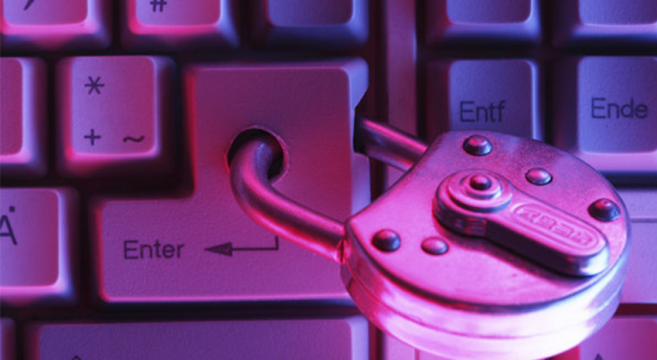How to Stay Safe Online

In our modern world we’re always online. Whether we’re checking our emails, catching up on local blogs or international news, or scrolling through our Instagram feeds, it’s virtually impossible to live your life without an internet connection.
However, even though the internet may be an important part of our lives it’s important to stay safe while online, especially if you’re using an e-commerce website (like Amazon, Etsy, or anything that uses Shopify) or even setting up a website or blog for your business. If you aren’t already aware of some of the potential risks that you may face, make sure to check out our articles on the subject here and here.
Below are a few ways you can stay safe online:
Use better, stronger passwords
Strong passwords are the easiest way to stay safe online. It’s important to use different passwords for your email, bank, social media accounts, and any other places where you regularly log in. Be sure to mix up numbers, uppercase and lowercase letters, and special characters. Avoid using obvious number strings, like your birth day/year or anniversary, and try to mix it up whenever possible. Below is an example of what we mean:
CoR3y$c0MpuT1nG
As you can see, this reads “coreyscomputing” but is done in a way that is difficult to figure out, because letters are inconsistently uppercase and lowercase, and some have been switched out for symbols. This is an example of a strong password.
Using a secure network
Keeping your network secure is critical to staying safe online. When you’re browsing, always look for “https” in the URL name when browsing an unfamiliar website, and if you feel like the website you’re browsing isn’t secure, close the tab and don’t visit it again.
Never click links from strange emails
Sometimes emails from unknown senders will make their way into your inbox and you may be tempted to click on the links included in the body of the email. But as we discussed in our article Petya, the latest in ‘crypto-extortion’ malware, you may be putting yourself at risk! Clicking on unknown links can make you vulnerable to hackers, and this is a common method used by phishers to trick you into entering your personal information so that they can steal your information, money… or your identity.
Keep an eye on URLS
If you’re not familiar with the website you’re on, or if you aren’t sure that the website is secure, then just don’t enter in your personal information. You can easily tell if a website is secure by looking at the browser bar; if you see a little lock-shaped icon then you can rest easy, because the data is encrypted and protected.
Stay up-to-date
You don’t have to have a subscription to all the latest tech news and blogs to stay “in the know” about internet security, but taking the time to learn about upgrades and security information can go a long way towards helping you stay secure day-to-day. If this feels overwhelming, you can always call our security experts at for information – we’re always happy to help!
Avoid connecting to public Wi-Fi hotspots
It may feel tempting to connect to public wifi hotspots that don’t require a password, but these connections are rarely secure and you’re often much safer just sticking to using your data instead of connecting.
Use common sense
This should go without saying, but be very careful to never post your personal information publicly online. This means avoiding sharing credit card numbers, your birthday, personal phone number, and address in public spaces such as forums, Facebook, Twitter, blog comments, and other places online.
For more information about how we can help you stay safe online, contact us or give us a call today at 204-586-7953. Be sure to ask about our Exclusive Monthly Maintenance and Service Program and let us handle your security for you.

